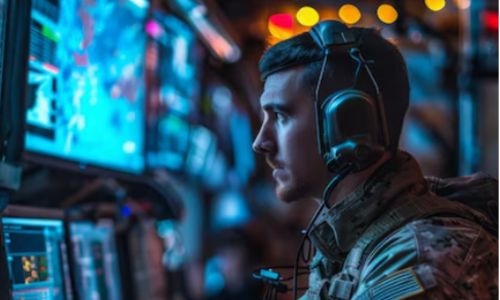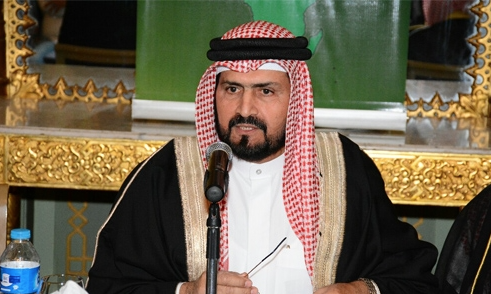The Changing Face of Cyber-Electronic Warfare and Its Impact on Our World
CAPTAIN’S CORNER BY CAPTAIN MAHMOOD AL MAHMOOD
The recent wave of what is now being called the ‘pager explosions’ in Lebanon has shocked the world. These brutal attacks, which targeted Hezbollah operatives, also claimed the lives of many innocent civilians. This was followed swiftly by the ‘radio explosions,’ where booby-trapped walkie-talkies detonated, killing 20 and injuring over 450 people. International observers agree that the incidents bear the hallmarks of Israeli Mossad operations, raising concerns that these simultaneous detonations of communication devices may constitute war crimes.
These attacks not only disrupt ongoing efforts to resolve the conflict in the Middle East but also mark a disturbing shift in the nature of modern warfare. Communication systems, once a vital part of warfront strategies, are now vulnerable to sabotage in unprecedented ways. As we witness the weaponization of everyday communication devices, the need for comprehensive research into securing these tools against cyber threats, malware, and explosives becomes ever more urgent.
Looking ahead , we will likely see increased investment in technologies like Software - Defined Radios (SDRs ) and advanced electronic warfare systems, aimed at securing military communications.
However, technological advancement is only part of the solution. The MENA region, which imports the majority of its defense equipment, must also focus on securing supply chains. For countries like Bahrain, it may not be feasible to develop domestic manufacturing for all critical components, but establishing robust auditing systems for foreign-made parts used in defense and infrastructure is essential.
This has implications beyond the battlefield, affecting how ordinary people live and travel. Heightened security measures at airports, seaports, and rail stations seem inevitable, and we may face the loss of conveniences such as in-flight WiFi or the use of electronic devices during mass transit. These changes, driven by a fear of terrorist threats, could make global travel more challenging and isolating.
Ironically, just as technology has made the world smaller, hatred and violence threaten to tear it apart. No amount of technological advancement can bridge the divide created by conflict.
It is crucial that we, as a global society, find ways to protect ourselves while working to heal the underlying issues that fuel these acts of terror.
Captain Mahmood Al Mahmood is the Editor-in-Chief of The Daily Tribune and the President of the Arab-African Unity Organisation for Relief, Human Rights and Counterterrorism
Related Posts


